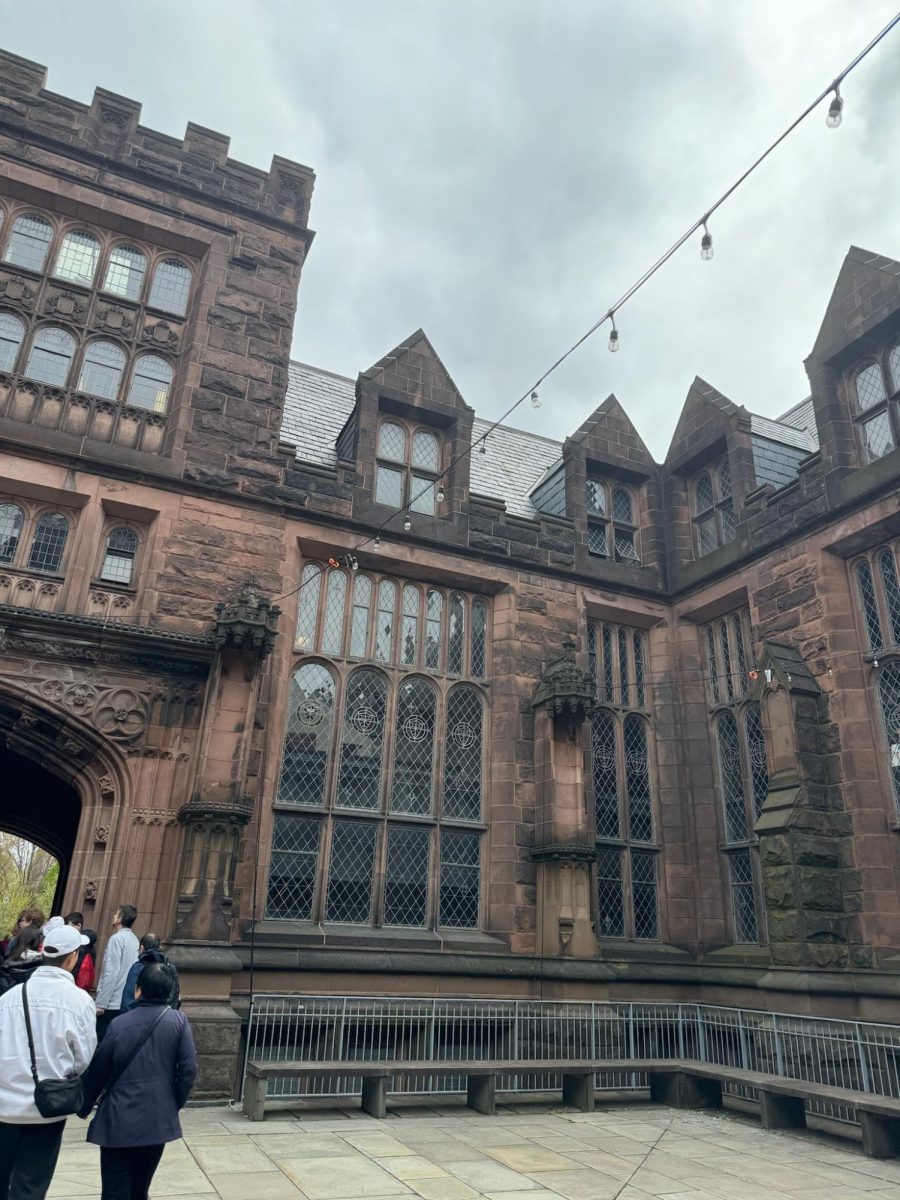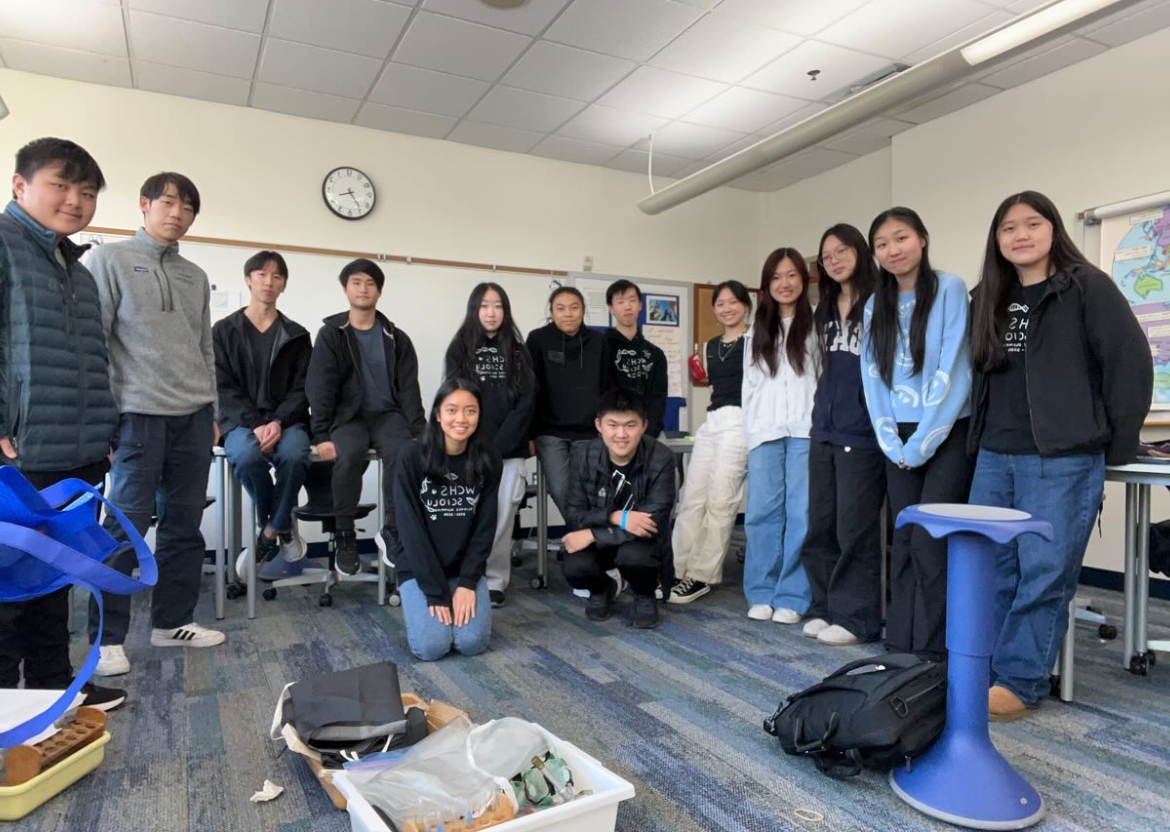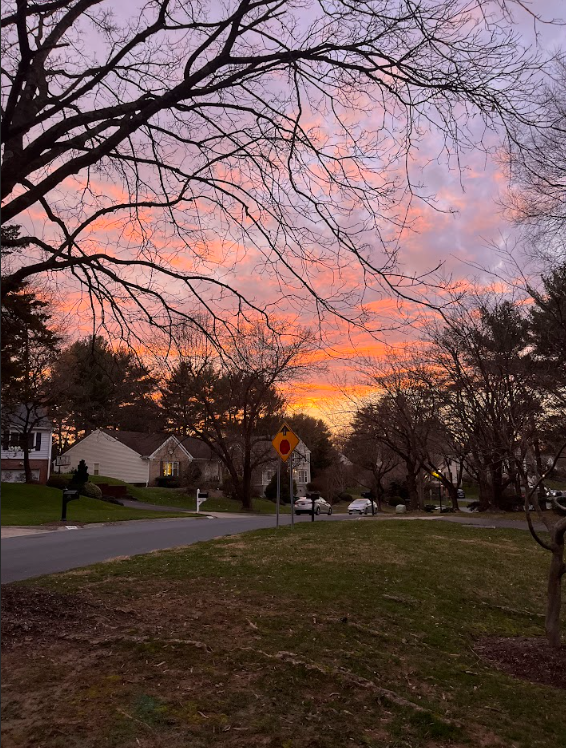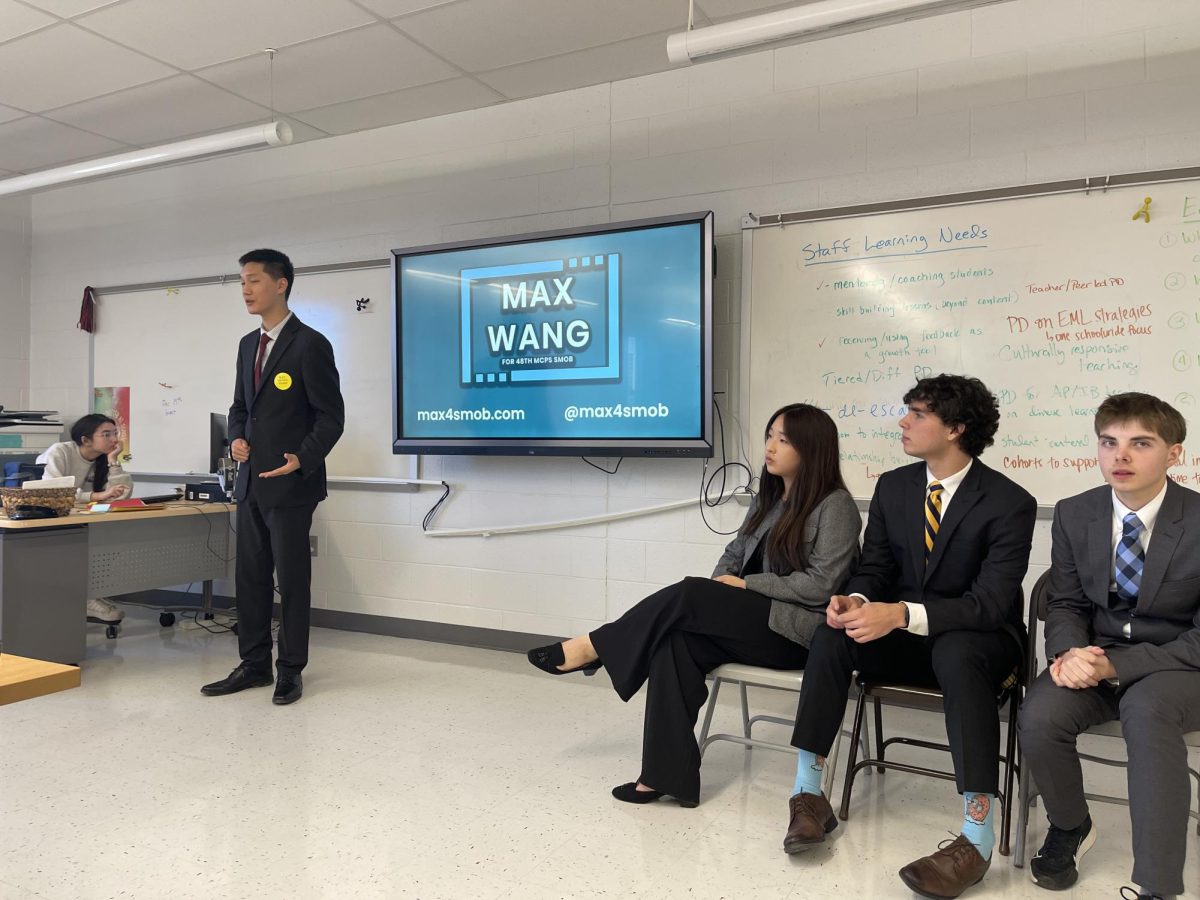It’s that time of year when students need to get back into a normal school sleeping schedule, but this is a difficult task for teenagers who use their cellphone or computer right before they go to bed.
According to Helen Emsellem, the Director for the Center of Sleep and Wake Disorders, melatonin is a hormone created by the Pineal gland, a small pea-sized gland in the middle of your brain. This turns off and shuts down a region of your brain called the hypothalamus, which is responsible for keeping you awake and alert. However, the use of artificial light, such as from your iPod screen or your cellphone, prevents the melatonin from doing its job.
“Light is a drug that promotes wakefulness,” Emsellem said. “It cues the brain to be alert. When you have a lot of light in the evening it delays the release of melatonin and pushes your internal body clock to a later time.”
Not only does not getting enough sleep make students tired the next day, it can prevent them from doing their best in school.
According to Emsellem, if you read or study information during the day or in the evening, your brain recites the information in your dreams and learns it.
“Sleep restriction interferes with the learning process,” Emsellem said. “Staying up late to study more negates the purpose because when you stay up late you don’t learn the material.”
Some students disregard the sleep they truly need when they hear their phone vibrating or see that they have a Facebook notification.
“Teenaged kids are addicted to their phones,” senior Louis Rothstein said. “When they hear they have a text message they text or BBM all night.”
According to Emsellem, the hypothalamus is very sensitive to light. Light that comes from an electronic device makes the brain react, instead of calm down.
Staying up late on a cellphone and staying up late studying are both unhealthy because they are main factors as to why teenagers have trouble sleeping.
In addition to late night studiers, Internet addicts and teens on sports teams, CHS has a lot of over-scheduled students.
“Students need to plan long-term and realistically about the requirements of their class, sport, and other commitments,” assistant principal John Taylor said. “If each class takes one-to-two hours of homework and the sport practices for four hours you have now committed yourself to 11 hours of work a night, not tenable for a whole semester or year.”
According to Emsellem, the moral of the story is simple.
“Never pull an all-nighter before an exam.”













